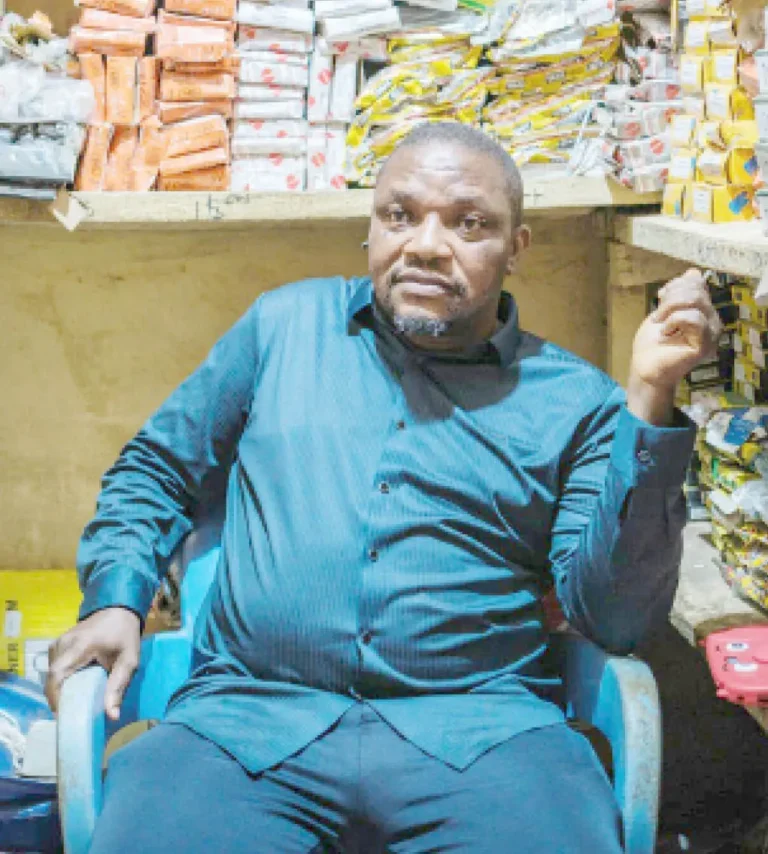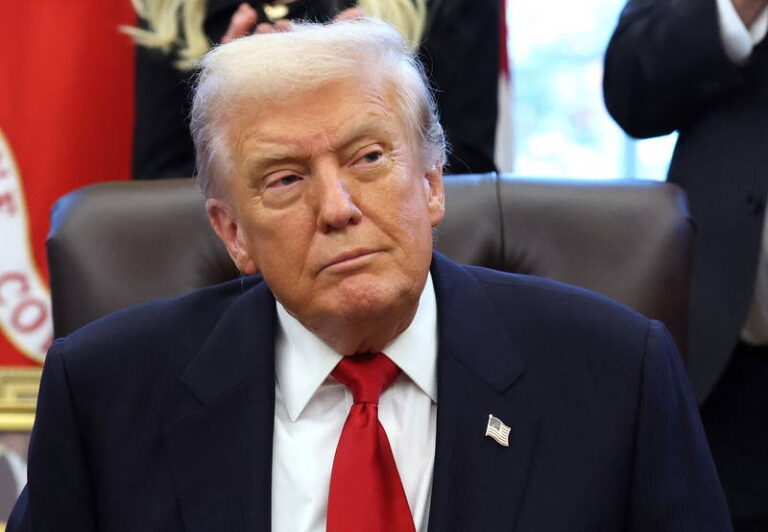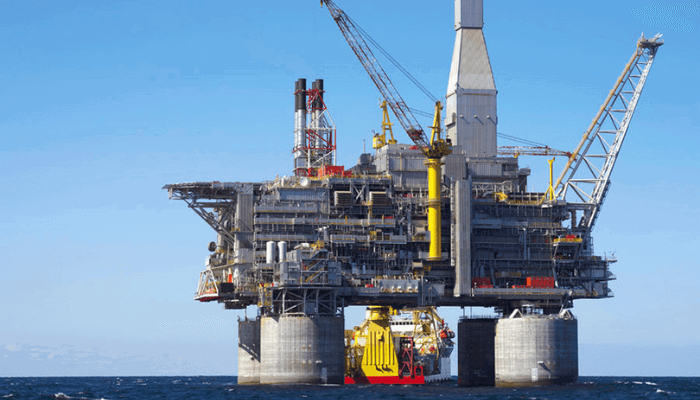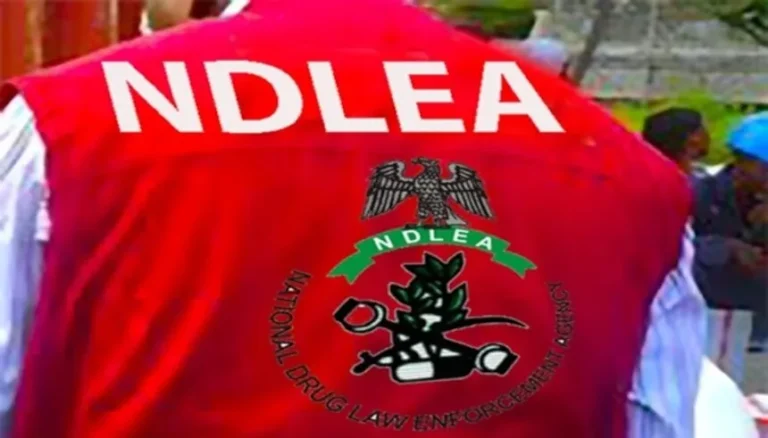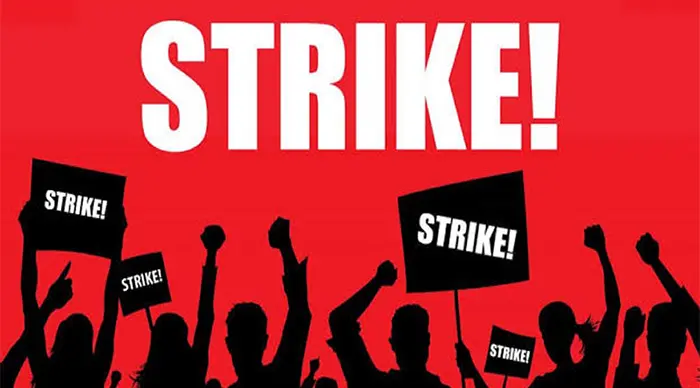In Germany some are clamouring for a change in course on Ukraine. Key figures in the campaign have links to the Russian state or far right, a Reuters investigation has found.
In a square beneath the twin spires of Cologne’s gothic cathedral, around 2,000 protesters gathered in September to urge Germany’s government to break with the Western coalition backing Ukraine and make peace with Russia.
“We must stop being vassals of the Americans,” right-wing German politician Markus Beisicht said from a makeshift stage on the back of a truck. The crowd clapped and waved Russian and German flags.
A lean man in camouflage trousers stood at the side of the stage, obscured from the crowd by a tarpaulin. A few metres away, a burly man in dark sunglasses stood guard. The rally’s organisers did not welcome questions. Most declined to speak when approached by a Reuters reporter. One protester tried to persuade a police officer to arrest the reporter as a Ukrainian spy.
The rally was just one of many occasions – online and on the streets – where people have clamoured that Berlin should reconsider its support for Ukraine. That message taps into deep connections between Germany and Russia, with several million Russian speakers living in Germany, a legacy of Soviet ties to Communist east Germany, and decades of German dependency on Russian gas.
The stakes are high: if Germany, the European Union’s biggest economy, turns its back on Kyiv, European unity over the war will fracture.
Through interviews and a review of social media posts and other publicly available information, Reuters has established the identities of key figures involved in pushing a pro-Moscow stance inside Germany since the war began, including the two men hovering near the stage in Cologne.
The lean man is a Russian former air force officer. Originally called Rostislav Teslyuk, he changed his name to Max Schlund after settling in Germany a decade ago. In recent months, he travelled to Russian-controlled east Ukraine. More recently, a Russian government agency paid for his plane ticket to Moscow for a conference where President Vladimir Putin was the keynote speaker.
The agency, Rossotrudnichestvo, is under EU sanctions for running a network of “agents of influence” spreading Kremlin narratives. Its head has branded the sanctions, imposed in July, as “insane.”
Schlund’s burly neighbour near the stage, a man called Andrei Kharkovsky, pledges allegiance to a Cossack society that is supporting Moscow’s military campaign in Ukraine. Schlund and Kharkovsky didn’t answer detailed questions for this article. In a WhatsApp exchange, Schlund wrote: “Eff off!” and “Glory to Russia!”
Reuters found that some of the loudest agitators for a change in German policy have two faces. Some use aliases, and have undisclosed ties to Russia and Russian entities under international sanctions, or to far-right organisations.
German authorities have linked one of the people identified by Reuters to a far-right ideology. Some of its proponents were accused by police in December of plotting to overthrow the state. He runs a German-language social media channel called the “Putin Fanclub” and, in an echo of the alleged plot, called on social media early last year for the storming of the German parliament.
Another is a Berlin construction company executive who used to be an officer in Russia’s military intelligence. He is acquainted with one of three Russian men recently convicted by a Dutch court for helping supply the missile that downed a Malaysian passenger plane over Ukraine in 2014.
A third man is a motorcycle enthusiast who posts online alleging atrocities by Ukraine’s army and has raised money for a Russian biker gang that is under U.S. and EU sanctions for backing Putin’s war.
Germany has so far earmarked more than 1 billion euros in humanitarian aid to Ukraine and neighbouring countries, plus military equipment including advanced air defence systems. The majority of Germans still support Ukraine, but after a steep rise in energy costs, polls show fewer are keen on expanding military support.
The German government didn’t respond to detailed questions for this article but the Interior Ministry said it takes “very seriously” any attempts by foreign states or individuals to exert influence, especially “in the context of the Russian war of aggression against Ukraine.” The Kremlin didn’t answer questions from Reuters. Beisicht, the politician who spoke at the Cologne rally, told Reuters he has worked closely with the protest’s organisers. He didn’t address Reuters findings about their associations.
Ties between Germany and Russia stretch back centuries. Empress Catherine the Great invited her German compatriots to emigrate to Russia in the 18th century. Between 1992 and 2002, around 1.5 million of these settlers’ descendants moved back to Germany, taking advantage of laws that allowed people of German ancestry to claim citizenship. German government research shows that this community votes more heavily for the far-right Alternative für Deutschland (AfD) party than other groups. It wants to tighten immigration controls and limit Islam’s influence in Germany.


